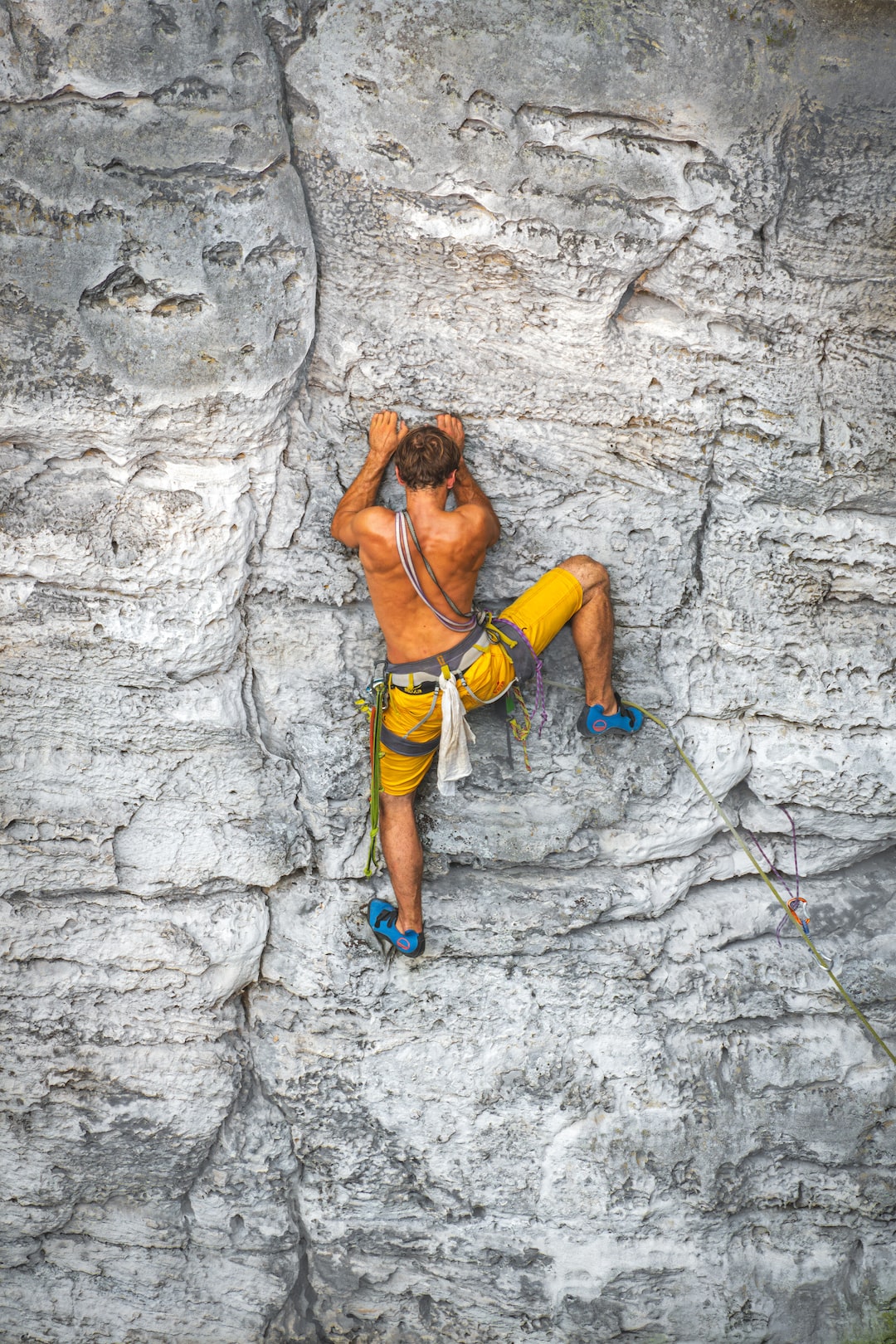Sports and Social Justice: Advocacy and Activism in Athletics
Sports have always been a significant part of our society, not only for entertainment purposes but also for fostering a sense of unity and promoting social change. Throughout history, athletes have used their platforms as a means to advocate for justice and equality, challenging societal norms and pushing for change. From Muhammad Ali and his stance against the Vietnam War to Colin Kaepernick’s protest against police brutality, athletes have consistently shown us the power of sports as a catalyst for social justice.
Sports, in many ways, transcend political, racial, and socioeconomic boundaries. They have the power to bring people from diverse backgrounds together, promoting understanding, respect, and empathy. Athletes, as role models, have the unique ability to influence and inspire millions of people. They are followed, admired, and respected, not just for their skills on the field but also for their actions outside of it.
For years, athletes have used their platforms to promote various social justice causes. They have been at the forefront of advocating for gender equality, racial equality, LGBTQ+ rights, and more. From WNBA players fighting for equal pay to NBA stars using their voice to bring attention to police brutality, professional athletes have become advocates and activists for change.
The power of athlete activism lies in their ability to amplify marginalized voices and raise awareness about injustices. They have access to a vast audience—fans who look up to them, follow their careers, and support their causes. Many athletes have established foundations and charitable organizations, dedicating their time, money, and resources to creating positive change in society.
One might ask why athlete activism is important. Some argue that sports and politics should be separated entirely, claiming that athletes should only focus on playing their respective sport. However, history has shown us that athletes have a responsibility to use their platform to speak up against systemic injustices. Sports have always mirrored the society they exist in, and when that society fails to address pressing issues, athletes take it upon themselves to challenge the status quo.
Athletes have proven time and time again that they can make a difference. The Black Power salute by Tommie Smith and John Carlos during the 1968 Olympics or Serena Williams using her platform to advocate for gender equality are just a few examples of how athletes have brought social justice issues to the forefront. By raising awareness and initiating conversations, they force society to confront uncomfortable truths and encourage positive change.
In recent years, the role of athletes in social justice movements has gained even more prominence. Social media has provided a new platform for athletes to amplify their voices and reach an ever-widening audience. Athletes are no longer reliant solely on traditional media to convey their messages. Instead, they can directly connect with their fans, engage in meaningful dialogue, and mobilize support for their causes.
Sports organizations and leagues have also begun to understand the significance of athlete activism. The NFL’s partnership with social justice organizations and the NBA allowing players to wear social justice messages on their jerseys demonstrate a growing recognition that sports and advocacy go hand in hand.
Athlete activism in sports is not limited to the professional level. High school and college athletes have also taken on the role of advocates, speaking out against inequality and fighting for change within their communities. They recognize that their voices matter, regardless of their age or status, and are using their platforms to bring about meaningful change.
Ultimately, sports and social justice are intertwined. Athlete activism is a powerful tool that can bring attention to societal issues and effect positive change. Through advocacy and activism, athletes continue to challenge the status quo and demonstrate that sports can be a force for social justice.
It is our responsibility as fans and members of society to support and champion athletes who choose to use their platform for social justice. By showing solidarity and raising our voices alongside them, we can strive towards a more equitable and just world. Sports have the power to inspire change, and when athletes and fans unite in this pursuit, incredible things can happen.

